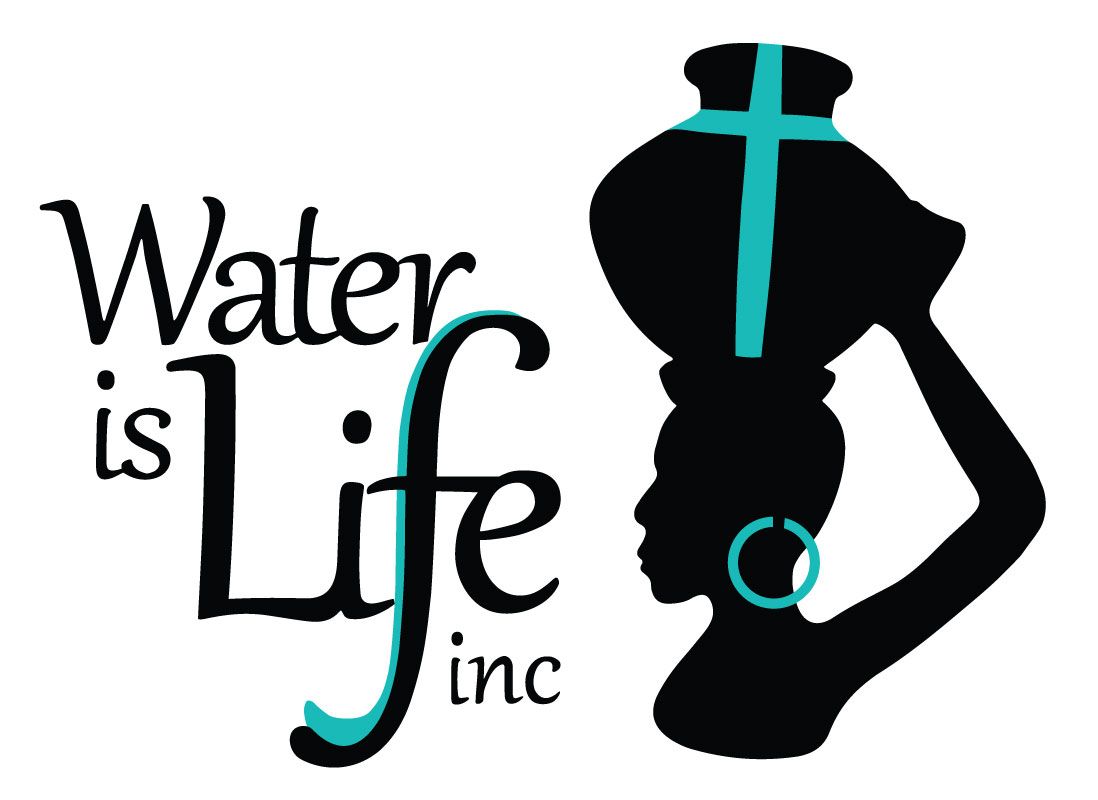
Community
Throughout Jesus’ earthly ministries, he showed us the importance of ministering to different communities in different ways. For example, in John chapter 4, he tells us a story of the Samaritan woman at the well. The first thing to note is that Jews did not talk to Samaritans. Let alone a Jewish man talking to a Samaritan woman. Jesus knew about her physical and spiritual needs and her lifestyle.
It’s also worth noting that they might have had a fairly lengthy conversation together. The woman was also knowledgeable about the coming of the Messiah. At one point, she said, “Sir, I perceive you are a prophet.” Jesus continues to dialogue with her about the coming of the Messiah. And then the women said this to Him, “I know that Messiah is coming (He is called the Christ); when that One comes, He will declare all things to us.” What comes next must have knocked the woman off her feet. Jesus said to her, “I who speak to you am He.”
Jesus never showed any prejudice, regardless of the culture. As a result of his caring for her, she told others in her community who also believed. We want to model Christ. Water Is Life's mission is to reach the lost, work step-by-step with the Holy Spirit, and see people come to Christ. We know this is possible because we've seen it happen repeatedly. In addition, we are impacting those communities, directly contributing to the overall wellness of the communities, including their health and general welfare-promoting education.
We've had the privilege of being involved in many communities in different parts of the county of Tanzania, where we serve. Dar Es Salaam, Morogoro, Dodoma, Arusha, and many remote small villages, to name a few. The wide range of what we do is for the purpose not only to help meet a need but to build relationships that open the door for sharing Christ.
To give some examples, while working in Dar Es Salaam, we had the privilege of teaching in their public schools. The wife of one of the pastors we work with taught at the local public school in the same neighborhood as the church. We work with the local churches so they can follow up with the new relationships after we leave. It didn't take us long to realize we had no electrical power there.
Water Is Life financed the electrical power connection with the utility and wired each classroom, providing them with power. The teachers were thrilled. They could charge their cell phones and much more, enhancing the educational process. They also had a well with an electric motor that we connected. Plus, they allowed us to share Christ.
At Kahunda on Lake Victoria, we worked with some dear missionary friends who built a school but needed a water system, including a well. Lake Victoria is one of the largest lakes in the world, ranking number four.
Well, with all that water, what's the problem? Around the shoreline, where people bathe, they have contact with a waterborne parasite named Schistosomiasis, also called "snail fever." In short, the parasite damages the internal organs. So a well was hand-dug by the men in the choir who wanted to earn money to buy new choir robes. That's the community at work.
One of the students we helped support when he was doing his Master of Divinity at the International Theological Seminary in West Covina, California, invited us to perform a wedding In Tanzania. The pastor warned me that they would think I wasn't prepared if I didn't speak for at least 45 minutes. The wedding last for 2.5 hours. What an experience of the community coming together!
During one visit to a small rural village named Kiambra, we met with the pastor of a church we support. As we were walking around the village, we came across a schoolhouse. The village leaders were there having a discussion. After introducing ourselves and having a brief conversation, we were asked us to come back and teach at their school. The following year we returned. We brought large suitcases full of learning supplies, from books to pencil sharpeners. Not only did we bring supplies, but we also taught at the school that week.
The following day, we learned that many of the children were Maasai. The tribal chief came and wanted to talk to Eddie. He asked, "Why would you come so far and do all these things?" Eddie replied, "To share the love of God." The chief invited our team to the Maasai village and asked Eddie to tell his people about our God. Twelve of the Maasai came to the Lord that day. Before leaving, the chief gave Eddie his scepter. The pastor followed up with them, and some are attending his church today.